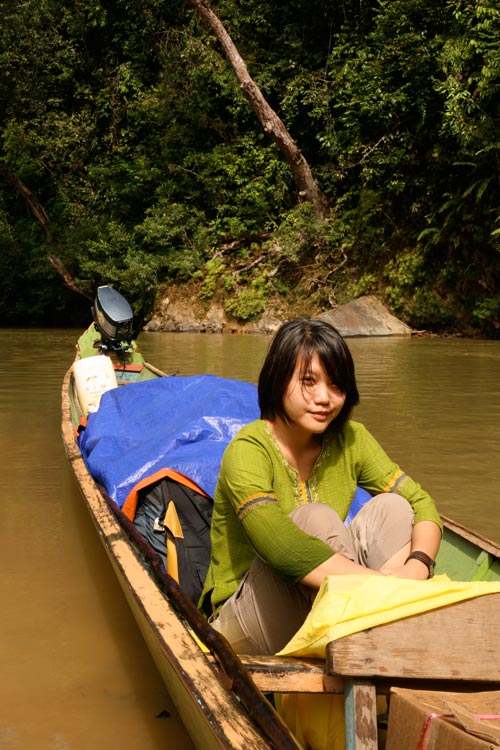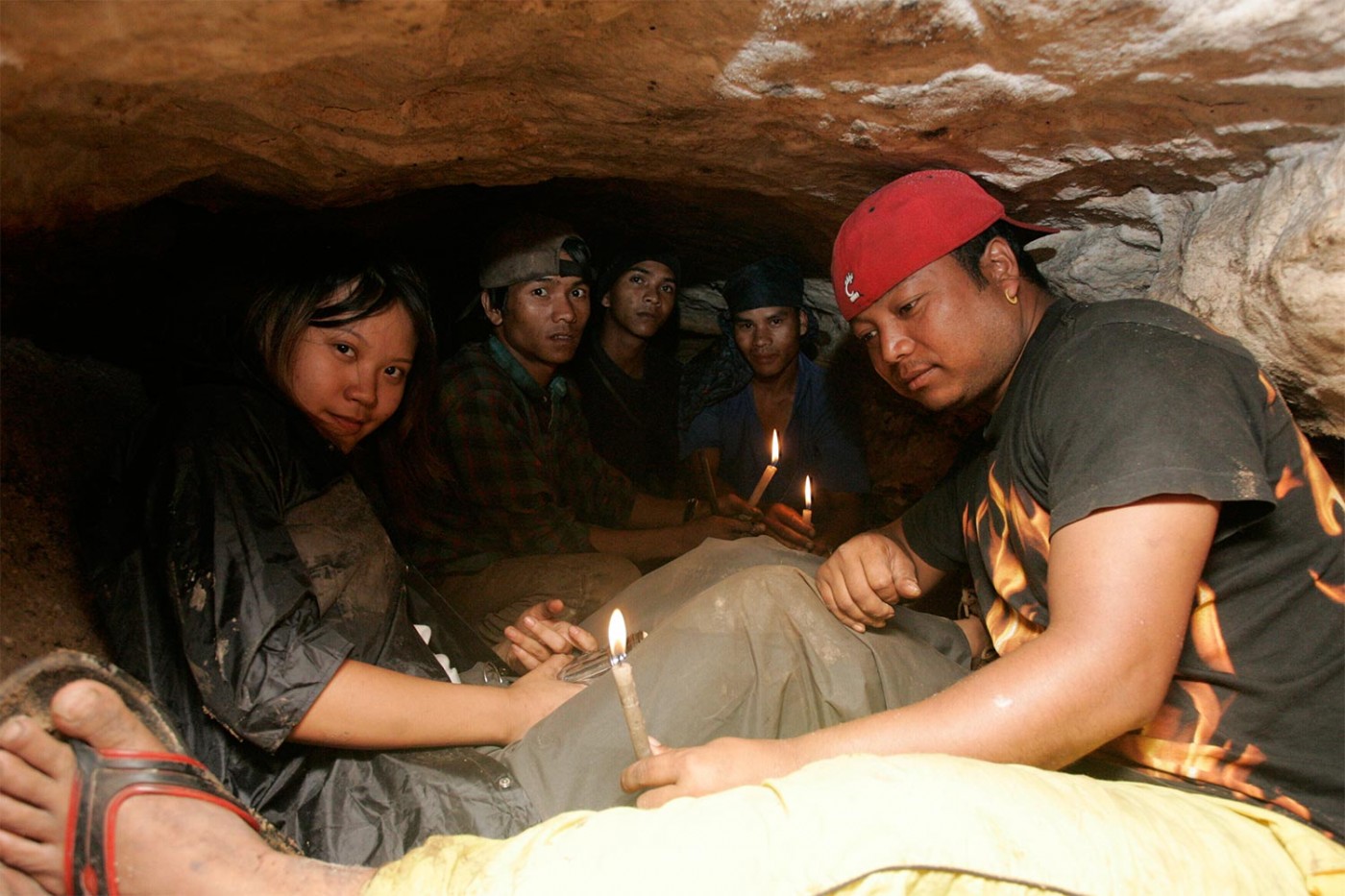Stories of Courage: Adrianna Tan
Editor’s Note: At every stage of my life, my definition of courage changes. When I was young, courage involved standing up for my friend when she was bullied verbally or physically. In college, courage involved saying no to peer pressure. Now, courage to me is finding the strength to walk away from someone or something that no longer serves me—despite how painful it may be.
You are about to read our very first story on courage. Each story possesses candour, feeling, humour, vulnerability, and acceptance of their own definition of courage. There are many forms of courage, and this series seeks to convey them in a relatable manner.
****
Like so many people who grew up with the Internet, there have been many incarnations of my online self. To some, I will forever be the queer blogger who started writing about the lesbian experience as a teenager in Singapore in the early 2000s. Some find that courageous; I found it much more difficult to change pronouns than to pretend to be someone I was not. To others, I am a travel blogger who enjoys hiking across Asia on trains, bikes and boats. That is made possible by a blend of courage and stupidity, and it has served me well.
In this current reinvention, I am an entrepreneur. The youthful adrenaline chase has given way to quieter hobbies like hiking, diving, and cycling. I’m at that stage in my life where the schools that used to chastise me for my unconventional hobbies (Singapore in the 90s was awful for a risk-loving kid) now invite me to give talks on my circuitous journey to where I am today, with an emphasis on ‘courage’. The aim is typically to inspire students, but I’m only ever accosted with questions about risk.
Specifically, what is thing we call risk, and how can we take it but tame it? How can I find the courage to do what I want?
You cannot, I love to say, only to see seminar halls full of students suddenly look crestfallen. Every once in awhile there will be that student who lightens up—and they are the reason why I want to give these talks at all.
Some of the stories I tell, and there are plenty, include:
- How I moved to 3 different countries on my own before the age of 25
- How I drove a tuk-tuk across South India—just for fun
- Why the best way to get to Laos was to ride the fast boat
- How I backpacked solo for months, repeatedly, across Southeast Asia, India and Bangladesh with $200 in my pocket each time
- That one time I lived in a leprosy hospital in Bangladesh for a week
- Wearing burqas so I could take buses in Yemen just before the war
- Getting to Istanbul by land from Beirut, via Syria
- How all of those experiences helped me find the courage to start multiple businesses and organisations

What came first? Is it a genetic disposition towards adventure, or was it the experience of having learned, figuring it out as you go can be a guiding beacon better than most forms of preparation? Very often, people want to know: are you able to take risks because you have courage? What drove, and continues to drive me to seek out these adventures?
I had a typical childhood in Singapore where risk of any sort was something to be avoided. Courage was less important than sacrifice. You could not have fun at work; that was a sign you were frivolous. You had to suffer all year just to ‘escape’ for the 14 to 21 days a year your middle class life granted you in the form of annual leave. I went to a business school, got my degree, and coming from a middle class Singaporean background that seemed to be the life destined for me. Somehow, I managed to daydream a lot: in those dreams, I was a low-end version of James Bond, living in huts, yurts and tents around the world. My family was supportive: nobody ever told me I should not have those dreams, or that I could not dream at all.
It was this middle class comfort and support that made it possible for me to travel for months on end—I just had to work several jobs during the semester to pay for my own travel; with few other responsibilities, the line between risk and courage was blurred out for me, and I was mostly left to my own devices. I could call home from wherever I was in the world with bad news: “I very nearly missed a suicide bomb attack in Yemen!” and nothing would shock or surprise them.
Courage is about accepting that nothing is perfect and finding your own fun anyway.
In my current entrepreneurial life, risk is what I have for breakfast and not just on weekdays. Every moment, decisions have to be precise, swift and considered, yet long-term in view and scope. My time on the road—stranded without money on the Turkish/Syrian border, missing trains and all manners of transportation, being unable to speak anyone’s language most times, having my tuk-tuk break down daily in South India—showed me that life is full of adventures, problems are to be expected, and solutions will always be found. For me, courage is about accepting that nothing is perfect and finding your own fun anyway.
There are so many things I don’t know how to do: swim freestyle, speak French, dance, drive a car or motorcycle; get gay married, have gay children (with rights); edit videos, shoot a music video. Yet that’s the whole point of life, love and business to me: do the things you don’t know.
Image credit: Peter Caton


